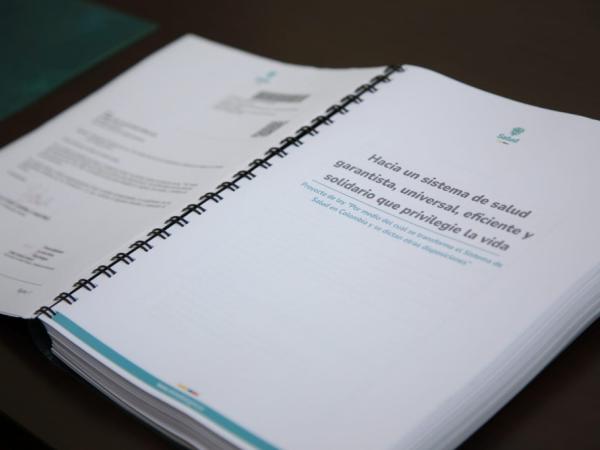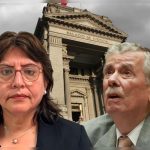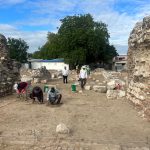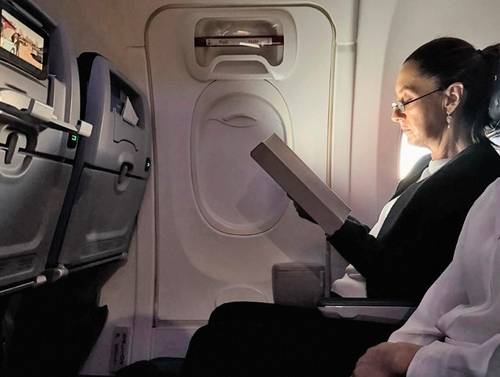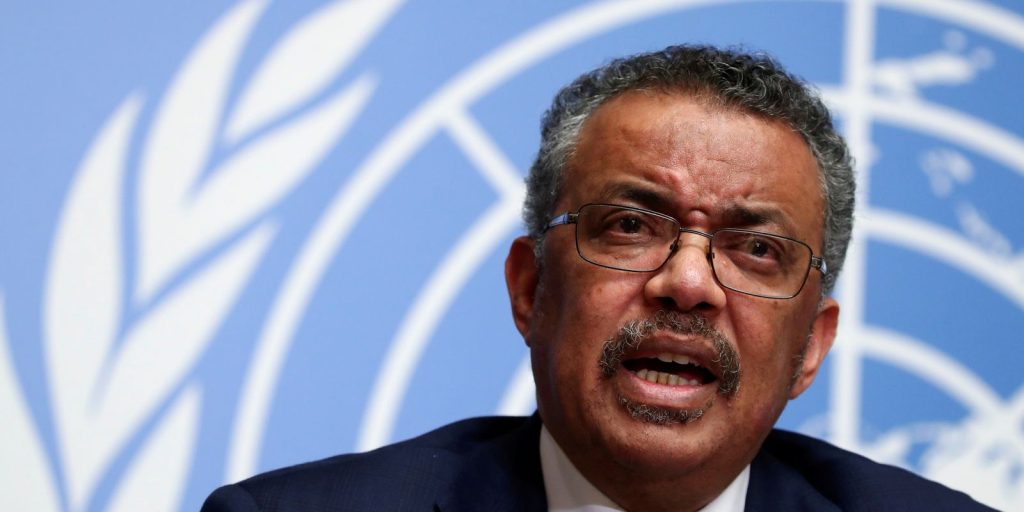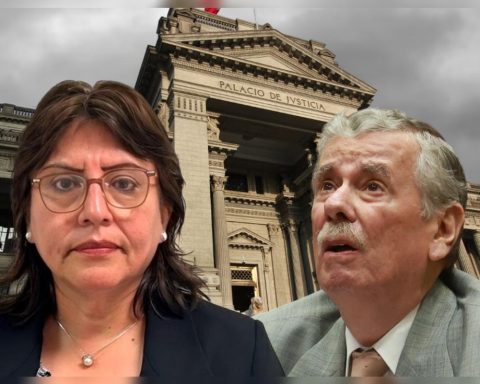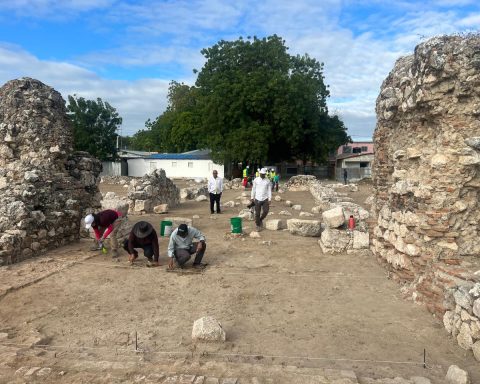The discussion of health reform continues in the Seventh Committee of the House of Representatives with en bloc approval of a large part of its articles. In detailthe chamber has so far given the green light to 31 of the bill’s points.
(Read: ‘An inclusive environment must be built in which voices are heard’: Novartis)
Regarding this group of approved articles, it is relevant to highlight that there are some of the most critical points of the bill presented by the Government. According to the accounts, So far, a total of 51 articles have been approved and the remaining 14 are expected to be debated.
Returning to the first block of approved articles, the first of them, number 1 of the project is the one that aims to transform the General System of Social Security in Health into a Health System based on Social Health Insurance, to guarantee the fundamental right to health.
(See more: The tensions that the health reform has generated, according to the Ascif union)
This is one of the most important points, taking into account that it is the one that proposes a health model within the framework of primary care, that organizes its bodies for the governance and stewardship of the system with a differential and territorial approach.
Likewise, article 2 refers to social health insurance, understood as public protection, unique, universal, efficient and supportive to guarantee the fundamental right to health of the entire population. While number 4 explains the predictive, preventive and resolving health model based on Primary Health Care (PHC).
(Read: Health reform: this was the debate this Wednesday in the Chamber)
Specifically, article 8 is the mandatory contribution, with contributions on salaries, fees, pensions, income or personal income, and article 44 seeks to identify the human talent in health that will be consulted. through the Single National Registry of Human Talent in Health (ReTHUS).
Health
iStock
On the other hand, the Seventh Commission approved a second block of articles that contains the points 3, 5, 6, 7, 9, 10, 11, and 12. Of this group, one of the most controversial is number 7, which refers to the Unified and Interoperable Public Health Information System.
(See also: Scientific societies warn of the risks of health reform)
Regarding this, representative Andrés Forero highlighted that until now it is unknown when this initiative would come into operation. but it is also unknown how much its implementation will cost. and assured that the Government refuses to provide information in this regard.
Another focus of the discussion is the responsibilities that are being given to Adres within this project. Regarding this point, which is number 12, it is indicated that health resources will be administered by this entity.
Víctor Salcedo, congressman for the ‘La U’ party, indicated that in this type of articles a series of superpowers are being given to the Adres in the management of resources, so the audit should be in charge of the managers. of health and life. “The audit of the Adres as a party bench worries us. It is essential that this entity carry out random audits, but not as the only one”, he stated.
(Read: The health sector would start 2025 with a fiscal gap)
For his part, Forero indicated regarding this point that “Payment of the maximum budgets must be guaranteed, there must be clarity about what happens to the intervened EPS. This was going to be the model of the reform and 7 interveners involved in corruption had to leave”, he denounced.

Health
iStock
He even highlighted that Adres will assume a new responsibility, but as a single payer, technical skills will be required to assume them. Therefore, he proposed that this article should be processed by statute. Still, it was approved.
(Read: Aidro and Anif warn that health will start 2025 with a deficit of $ 19.7 billion)
However, the director of the Adres, Félix León, intervened on the premises, pointing out that Adres will be in charge of second-floor audits, but that the managers will be in charge of assuming this responsibility.
A third block, with points 14, 15, 16, 17, 18, 19, 20, 22 and 25, It was also approved by the House, with 12 votes for yes and 4 for no. In these, one of the most important articles was the Primary Health Care account that seeks to finance the provision of health services through various sources for the services provided by the Primary Health Care Centers, transportation and provisioning solutions. of territorial health teams, pre-hospital care for medical emergencies in municipalities and districts. and other uses established by the Ministry of Health and Social Protection for primary health care.
(See more: Andi reflects her concern about the technical health tables)

Health
iStock
For the fourth group of articles, 29,31,32,33,34,35,36 and 41, the Commission gave the green light to the entire block with 14 votes for yes and 4 for no. In that sense, Among the most important points is point 29, which determines the conditions for the transformation of the EPS.
(Read more: In four years, spending on voluntary health plans has increased 68%)
Additionally, there is 31, which is the remuneration of health and life managers, where these entities will be recognized 5% of the value of the Capitation Payment Unit of the population under their care, for the fulfillment of their functions defined according to regulations of the Ministry of Health and Social Protection established for this purpose. Likewise, 43,48,57 and 58 approved.
Article 13
This point of the articles was one of the ones that generated the most noise within the debate, since it aims to implement the Single Public Health Fund, which seeks that the income that the legal provisions assign to it for the financing of the Health System, will be administered by the Adres.
(See also: Cancer incidence in Colombia could be reduced with greater prevention)
For this reason, Congressman Víctor Salcedo indicated that resources are a fundamental aspect for access to health. “It seems to me that we are acting contrary to a change in resources of the general participation system. While we talk about the decentralization of resources and here they are being centralized“, said.
Likewise, Forero highlighted that money is being allocated to strengthening the infrastructure, which comes from care resources. “They fragment the money, they remove the budget restriction that is the UPC. Since they are making a structural change, this should be done through a statutory law”, he opined.
(Read more: Uncertainty about the health system would affect innovations in the sector)
However, during the Commission this article was approved, in which the speaker María Eugenia Lopera stressed that it is not true that UPC resources will be used for the purpose of infrastructure. but for that purpose a special fund will be created for that initiative.

Vaccines
iStock
Vaccine expiration
Also, within the framework of the discussion, the representative of the Democratic Center, Andrés Forero, denounced that once again a total of 1.46 million monovalent vaccines against covid 19.
(See: Transformation of EPS and responsibility for financial risk, doubts about the reform)
Through a right to petition, the congressman was assured that the last batch of biologicals against the virus arrived in the country in March of this year, although, It was reported that in October 2024 that number of copies expired due to lack of distribution.
“Each of these vaccines costs US$16.75, do the math, it’s US$24 million, almost $100,000 million, which unfortunately due to the lack of management of this Government, which only dedicates itself to talking about promotion and prevention, really does not act accordingly. This is in addition to what we have already denounced, such as the Mpox vaccines that have also expired, the bivalent Covid ones, and the pediatric ones.”he explained.
(Read: After technical table, health sector actors call for consensus on the reform)
